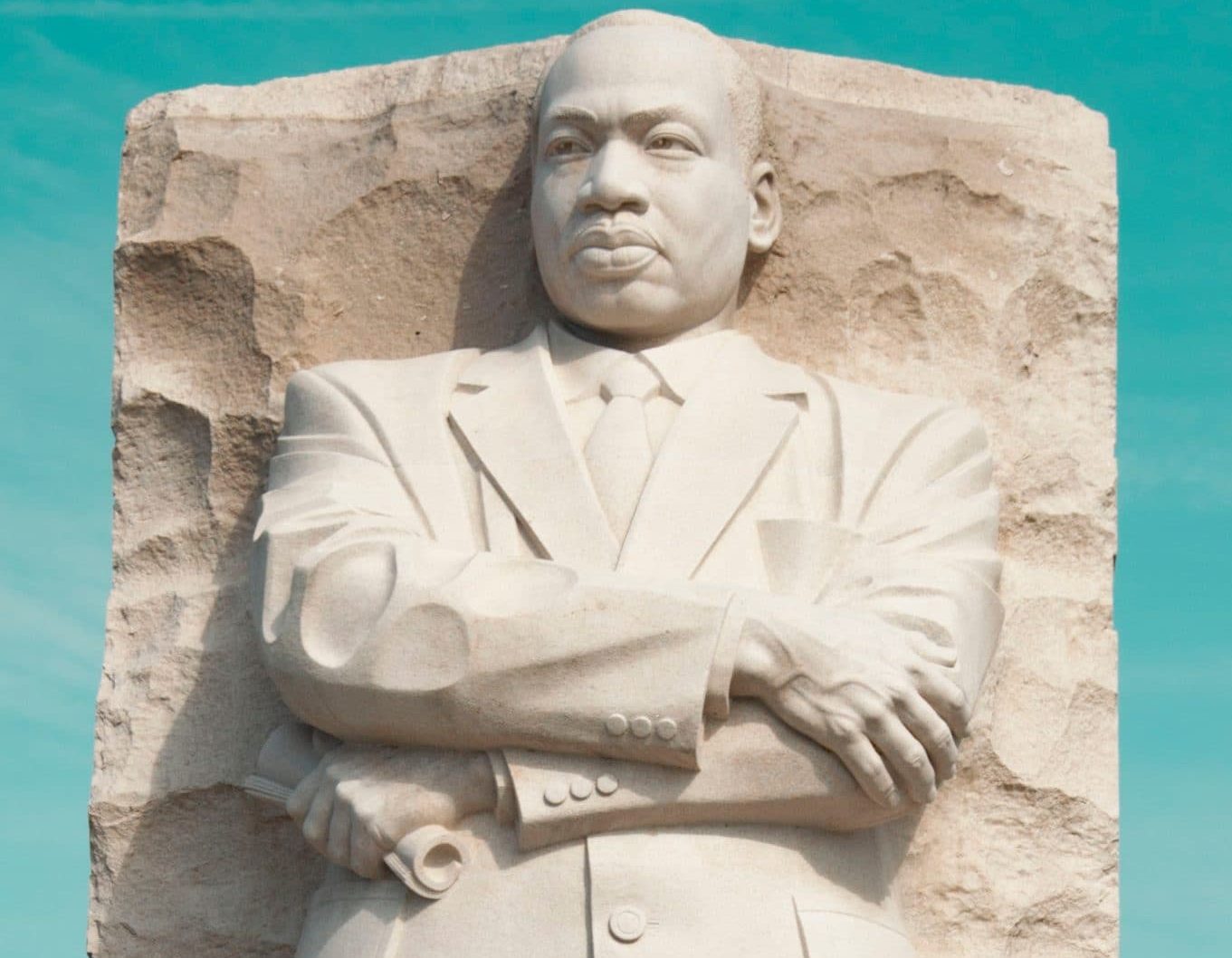The legacy of Martin Luther King Jr when it comes to social equality and economic justice.
Martin Luther King was a staunch fighter for racial justice and equality, not just social but economically too.
Every year on Martin Luther King Day in America, US markets close as the nation draws on his enduring strength and messages of hope for a brighter, more equitable future.
To many American’s, it is a day of celebration.
Yet many African American’s are deeply unhappy, feeling there is still no such thing as economic justice.
Small towns populated by black people continue to be blighted by poverty, inequality and division.
Despite Martin Luther King’s victories and all the subsequent victories won by his countrymen, black communities continue to feel let down.
Many people feel unable to enjoy the kind of economic freedom that should be a fundamental human right in ‘The Land Of Opportunity.’
#1: Black People Earn Less Money Than White People
In the last 25 years, the wealth gap between black people and white people has become even more significant – almost three times bigger.
The average white household has nearly a tenth more wealth than the average black one.
#2: Almost Three-Times As Many Black People Live In Poverty
12.3% of American’s live in poverty.
It’s a low enough number, but there are racial differences to take into account too.
While around 10% of white people are entrenched in poverty, the figure rises to around 27% for black people – meaning that 1 in 4 are enduring poverty.
This number is showing no signs of dropping.
#3: Home Ownership Is Unequal
Because black people typically make less money than white people, few can invest in one of America’s greatest assets – housing.
Around 70% of white people own their own home, while the figure falls to around 45% for black people.
#4: Unemployment Rates Are A Problem
Around 5% of white American’s are unemployed, with the number rising to around 11% for black people.
This inequality means twice as many black people are unemployed, with this critical figure now remaining unchanged for years.
#5: Schools Continue To Be Segregated
Segregated American schools have been a problem since 1980 – but the problem is still bad.
This lack of social equality has been put down to a lack of commitment on the part of the federal government.
A non-white school means fewer resources, thus a poorer education and a decreased chance of a prosperous job.
The sad fact is that the so-called black-white economic ‘gap’ hasn’t altered for over half a century now.
The nation as a whole is wealthier, but economic inequality continues to blight the US.
The best way to tackle fiscal poverty and social inequality in the world is through economically uplifting all communities.
This is one of our aims at Richtopia. Let’s all be constructive and build positive opportunities for each-other!
If you enjoyed this article, be sure to read our take on “the inaudible language of the heart” by Martin Luther King Jr.





